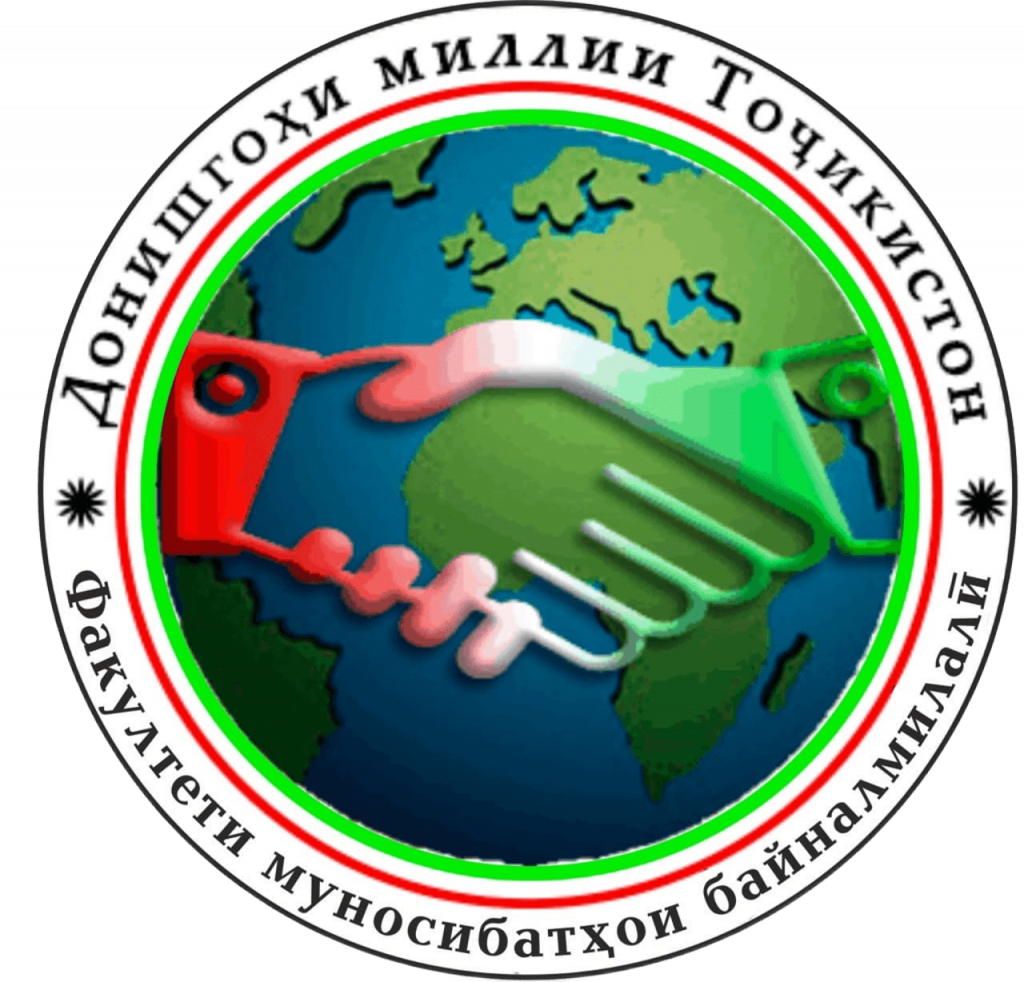In the modern world, where globalization and interdependence are becoming increasingly apparent, humanitarian cooperation plays a crucial role in the development and strengthening of relations between states. Within the field of “diplomacy and external policy,” special attention is given to the study of theoretical aspects of humanitarian cooperation, which form the basis for the development and implementation of international political strategies. In this article, we will examine key theoretical aspects of humanitarian cooperation in contemporary conditions and their significance for diplomacy and external policy.
The Concept of Humanitarian Cooperation
The concept of humanitarian cooperation has several definitions proposed by various authors and enshrined in international normative and legal instruments. For example, the United Nations defines humanitarian cooperation as “all forms of activities aimed at preventing and alleviating human suffering caused by emergencies, as well as protecting and supporting their rights and dignity” (UN General Assembly, “Transforming our world: the 2030 Agenda for Sustainable Development” (2015)).
Peter Wallensteen, a professor at the University of Swedish Academy of Peace Research, defines humanitarian cooperation as “cooperation to alleviate suffering caused by wars, violence, and natural disasters, and to provide basic conditions for survival and human well-being” (Peter Wallensteen. Understanding Conflict Resolution: War, Peace and the Global System Third Edition. 2011).
According to Jean Pictet, one of the leading authors of the Geneva Conventions, humanitarian cooperation can be defined as a form of cooperation aimed at saving lives, alleviating suffering, and protecting the rights and dignity of those who may be threatened or affected by armed conflicts or other violent situations (Jean S. Pictet, Humanitarian Law and the Protection of War Victims. Revue internationale de la Croix-Rouge, 40(364), 1958. P.603-617).
Thus, humanitarian cooperation is a set of international actions aimed at providing assistance to people affected by conflicts, natural disasters, emergencies, and other crisis situations. Humanitarian cooperation is based on the principles of humanism, neutrality, independence, and the inviolability of the civilian population.
The importance of humanitarian cooperation for diplomacy and foreign policy
Humanitarian cooperation holds significant importance for the diplomacy and foreign policy of nations. Firstly, it contributes to enhancing a country’s image on the international stage. States that actively participate in humanitarian operations and provide assistance in crisis situations gain greater authority and trust from other nations.
Secondly, humanitarian cooperation facilitates the development of dialogue and mutual understanding between states. When countries collaborate in addressing humanitarian issues, they are compelled to exchange information, coordinate actions, and seek compromises. This fosters trust-building and improves relations between nations.
Thirdly, humanitarian cooperation contributes to the formation of global responsibility and solidarity. When states unite their efforts in combating global issues such as hunger, poverty, epidemics, and climate change, they demonstrate their readiness to assume responsibility for the fate of all humanity.
Overall, humanitarian cooperation serves as a crucial instrument for diplomacy and foreign policy, enabling states to demonstrate their global responsibility, foster dialogue and collaboration, strengthen their image, and contribute to addressing global problems. Understanding and active participation in humanitarian cooperation assist states in effectively implementing their foreign policies based on the values of humanism, justice, and sustainable development.
Theoretical Foundations of Humanitarian Cooperation
Humanitarian cooperation is based on several theoretical foundations that help understand its essence and effectiveness. One of the key theories underlying humanitarian cooperation is humanism. Humanism recognizes the value and dignity of every individual and emphasizes the need to assist those in distressing situations.
Another important theory is the theory of justice. Humanitarian cooperation strives to ensure equal opportunities for all people and equitable access to humanitarian assistance. The theory of justice entails the distribution of resources and aid based on the needs and vulnerability of different population groups.
Complementing the theoretical foundations of humanitarian cooperation is the theory of universalism. Universalism underscores the importance of universal values and rights that are applicable to all individuals, regardless of their cultural, ethnic, or religious characteristics. Humanitarian cooperation aims to be guided by these universal principles and rights to ensure universal access to assistance and the protection of human rights.
Furthermore, humanitarian cooperation incorporates the principles of neutrality and independence. Neutrality implies the absence of interference by armed parties in humanitarian operations to ensure the safety and protection of humanitarian workers. The independence of humanitarian organizations allows them to act independently of political or other interests to ensure impartial and objective delivery of assistance.
Thus, the theoretical foundations of humanitarian cooperation encompass humanism, justice, universalism, neutrality, and independence. These principles and theories serve as guidance for the development and implementation of humanitarian strategies and programs aimed at saving lives, alleviating suffering, and protecting human rights in emergency situations.
Challenges and Prospects of Humanitarian Cooperation in Modern Conditions
At the same time, global challenges such as climate change, mass migration, and pandemics present new humanitarian challenges. Their scale and complexity require joint efforts and coordination between states, international organizations, and civil society.
To overcome these challenges and ensure the prospects of humanitarian cooperation in modern conditions, certain steps are necessary. Firstly, it is important to develop international norms and legal instruments that regulate and ensure the protection of rights and dignity of people in crisis situations. This includes compliance with the Geneva Conventions, UN Security Council resolutions, and other international norms.
Secondly, humanitarian cooperation should be based on principles of partnership and inclusiveness. Collaborating with local organizations, communities, and authorities allows for a better understanding of local needs and ensures sustainable recovery and development.
Additionally, it is crucial to invest in the training and education of humanitarian workers to prepare them for complex challenges and equip them with skills for effective crisis response.
Finally, there is a need to enhance coordination and cooperation among various humanitarian actors, including states, international organizations, non-governmental organizations, and the private sector. This will help optimize resource utilization, avoid duplication of efforts, and ensure maximum effectiveness of humanitarian cooperation.
All these steps will enable the overcoming of challenges and the realization of prospects in humanitarian cooperation in modern conditions, ensuring the protection of rights and well-being of populations in crisis situations and striving towards a more just and humane world.
The Role of International Organizations in Humanitarian Cooperation
International organizations play a crucial role in organizing and coordinating humanitarian cooperation. One of the key organizations involved in humanitarian issues is the United Nations (UN). Through its specialized agencies such as the World Food Programme, UNICEF, and the World Health Organization, the UN provides assistance to those affected by disasters and conflicts.
Apart from the UN, there are also non-governmental organizations and regional blocs actively engaged in humanitarian cooperation. Some of them include the Red Cross and Red Crescent, the Organization for Security and Cooperation in Europe, and the African Union. These organizations provide on-the-ground assistance and interact with states to coordinate humanitarian actions.\
Ethical Aspects of Humanitarian Cooperation
Humanitarian cooperation is based on ethical principles aimed at protecting and respecting the rights and dignity of affected individuals. Adherence to humanitarian principles entails recognizing the equal value of every person and striving to assist those in vulnerable situations. Neutrality is an important ethical principle that ensures independence and impartiality in humanitarian operations, as well as respect for the cultural characteristics and values of the affected populations.
However, ethical issues in humanitarian cooperation go beyond principles alone. Humanitarian workers need to possess ethical literacy, which includes understanding moral dilemmas and being able to make informed decisions based on ethical principles and the context of specific situations. They face numerous ethical challenges, such as resource allocation, prioritizing aid, and balancing fairness with efficiency.
Transparency and accountability also play a key role in the ethical aspects of humanitarian cooperation. States and humanitarian organizations must ensure the availability of information about their actions, expenditures, and resource utilization. This allows society and stakeholders to assess the effectiveness and outcomes of humanitarian operations and ensures accountability to donors, governments, and the affected populations themselves.
Thus, ethical aspects of humanitarian cooperation encompass a wide range of issues related to the protection of the rights and dignity of the affected individuals, humanitarian principles of humanism and neutrality, ethical literacy of humanitarian workers, as well as transparency and accountability in humanitarian operations. Adhering to ethical principles and addressing ethical dilemmas are integral parts of effective and responsible humanitarian cooperation.
Conclusion
Humanitarian cooperation plays a crucial role in contemporary times, as the world faces various crises and challenges. The theoretical aspects of humanitarian cooperation, such as humanism and justice, form the foundation for effective practice in this field.
However, modern conditions also present challenges that require the adaptation of humanitarian cooperation. The use of new technologies, data protection, and the consideration of long-term crisis aspects have become important directions for the development of humanitarian operations.
The development of effective humanitarian cooperation strategies requires collaboration between states, international organizations, and non-governmental organizations. Only through collective efforts and adherence to ethical principles can success be achieved in providing humanitarian assistance and improving the living conditions of crisis-affected people.
Bibliography
1. Andreassen, B. A. (2016). Humanitarian Diplomacy: Practitioners and their Craft. Routledge.
2. Barnett, M., & Weiss, T. G. (Eds.). (2014). Humanitarianism in Question: Politics, Power, Ethics. Cornell University Press.
3. Pictet, J. S. (1958). Humanitarian Law and the Protection of War Victims. Revue internationale de la Croix-Rouge, 40(364), 603-617.
4. Slim, H. (2015). Humanitarian Ethics: A Guide to the Morality of Aid in War and Disaster. Oxford University Press.
5. Thakur, R., & Maley, W. (Eds.). (2017). Theorising the Responsibility to Protect. Cambridge University Press.
6. UN General Assembly, “Transforming our world: the 2030 Agenda for Sustainable Development” (2015)
7. Wallensteen, P. (2013). Understanding Conflict Resolution: War, Peace and the Global System. SAGE Publications.
FATONA GAFORZODA, Assistant at the Department of Diplomacy and Foreign Policy of the Republic of Tajikistan, TNU




